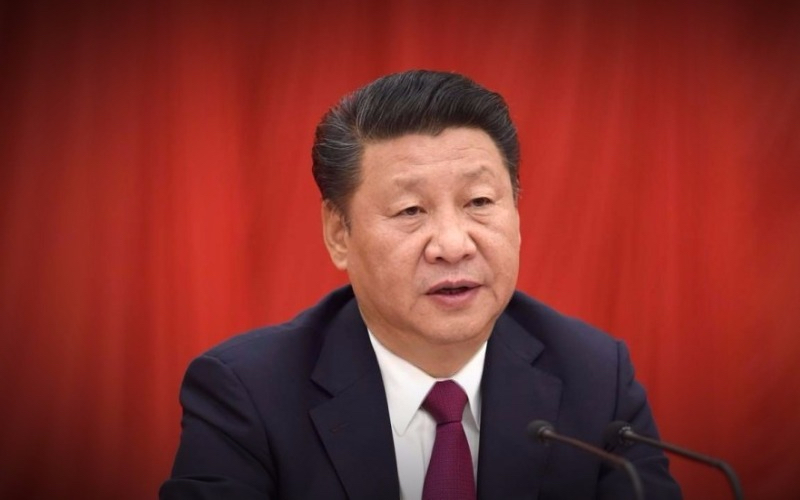
Why the U.S. Should Trust China on North Korea
President Trump is experiencing his biggest international test. Hostile rhetoric between the US and North Korea heightens the risk of conflict. Although China consistently stands with the US on economic sanctions against North Korea –and is making a real impact in their implementation. Yet there are still voices in the US questioning China’s determination and calling for unilateral action.
At this moment, Chinese President Xi Jinping is facing a more important test, the upcoming 19th Party Congress of the Chinese Communist Party. This event, held every five years, begins on October 18. President Xi is expected to consolidate his personal authority in the party and bring new faces into the leadership. His primary task is to ensure domestic stability as well as security. Therefore, China will be in a better situation dealing with North Korean problems after the party congress. And China has enough reasons of its own to cooperate closely with the US on North Korea.
The composition of the seven member Politburo Standing Committee will change with the retirement of three pro-North Korea members. Zhang Dejiang, Liu Yunshan and Zhang Gaoli are well known as pro-North Korea leaders in the party because of their personal and political backgrounds. The other four members of the Committee, including Xi, are believed to take a more realistic approach, not driven by ideology or history. The new Committee will likely have no new members who have a clear preference for North Korea.
The radical actions of North Korea in recent years have made it much more of a strategic burden to China than an asset. North Korea’s nuclear weapon and missile tests gave the US justification to deploy the THAAD anti-missile system in South Korea, a system China regards as a threat to its national security. Although the Chinese government launched a propaganda campaign months ago and called for a boycott of South Korean goods, more and more Chinese people realize that the real trouble is North Korea. Its nuclear weapon tests threaten public health and the economy in northeastern China, and are forcing the Chinese government to reconsider its friendship.
China also has strong incentives to cooperate with the United States. Xi’s anxieties come not only from the upcoming Party Congress but are also a result of the pressure of weakened economic growth and the ambitious goal of Rejuvenation of the Chinese Nation. President Trump’s order in August to review China’s trade practices was a clear signal to Beijing. Although China has a box of policy tools to fight back, a trade war at this time would bring harm to people’s confidence on China’s economy. So China has the economic incentive to further punish North Korea.
In terms of the rejuvenation plan, the fate of the North Korean regime will definitely give way to the core national interests of China. Those include the reunion with Taiwan, the stability of Tibet and Xinjiang, the disputed islands in the South China Sea and the influence of China in the regional and global system. All of these concerns and goals would not be easy to settle with the involvement of the US. So China has the incentive to cooperate with the US on North Korea in exchange for US respect for the national interests of China.
There is an argument that the US should bypass China and seek a direct deal with North Korea regarding denuclearization. But, for now, the pressure that the United States can bring to bear is not enough to force the North Korea to give up nuclear weapons. The US still needs more pressure from China. Even if there is no peaceful solution after all these efforts, the success of any form of military action will also rely on China’s cooperation.
North Korea has a long tradition of “surprising” China when CCP is holding important events. This time, the result of the Party Congress will be a China with new energy and incentive to help alleviate the tension caused by North Korea’s nuclear tests. The US should be patient. Working closely together in northeast Asia, the US and China can restore the region’s stability and security.

